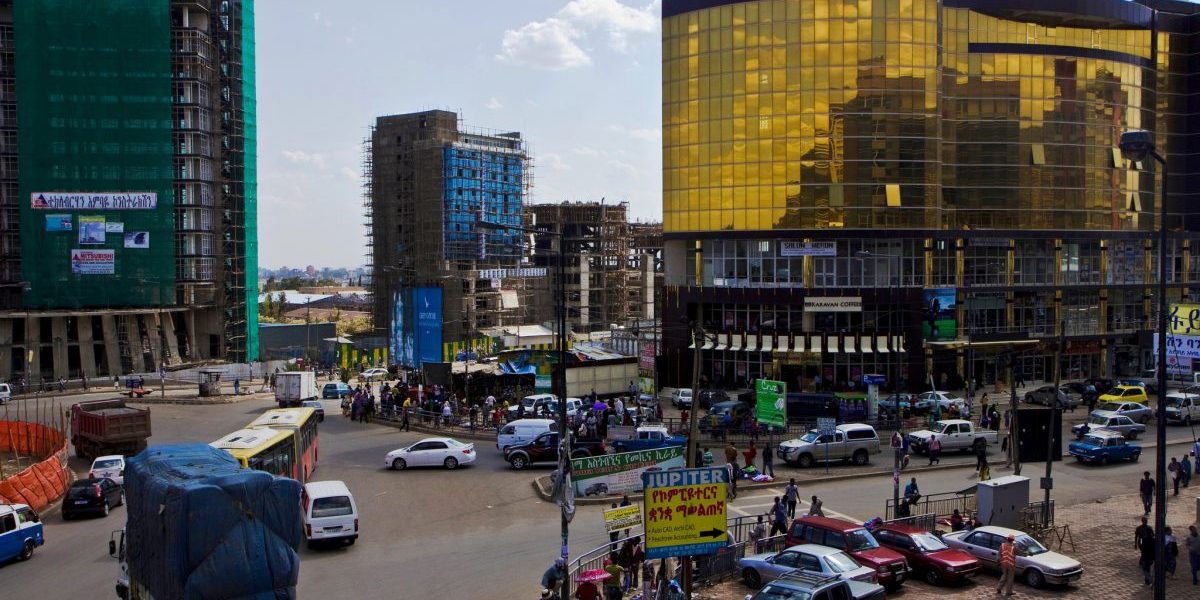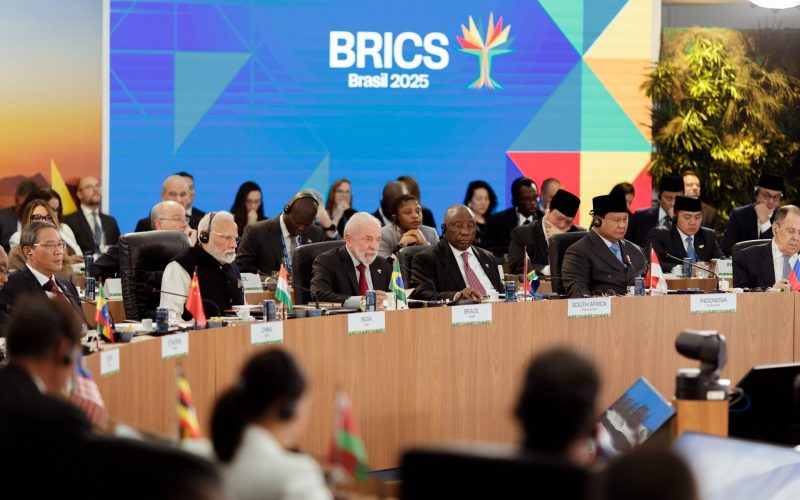The benefits of free trade are not straightforward, and countries considering taking this route should carefully study the potential costs and benefits in the context of their specific political and economic circumstances. This paper examines the potential benefits and costs for Ethiopia of joining the FTA established by the Common Market for Eastern and Southern Africa (COMESA).
Ethiopia is situated at the centre of the Horn of Africa, which is marked by intense and long-standing political conflicts. Despite the complex security situation in the region, Ethiopia has managed to establish and maintain good economic relations with most of its neighbours, including reciprocal trade. However, while it played a significant role in establishing COMESA, it is still not a member of its FTA. Its volume of trade with COMESA member countries is small but is growing rapidly, with petroleum, fertilizers, tobacco, soap and polish being its major imports from the region.
Studies aimed at assessing the costs and benefits of joining the FTA show that the country’s manufacturing sector is still in its infancy and cannot yet supply the region with high-quality goods at competitive prices. Moreover, joining the FTA would lead to job losses in some economic sectors that would not be fully offset by employment gains in others. This implies that joining the FTA would result in a net increase in unemployment.
However, Ethiopia is increasingly collaborating with its neighbours – notably Kenya, Sudan, Djibouti and South Sudan – in the areas of energy and transport, among others, and the Ethiopian private sector is increasingly investing in those countries. All these countries are thus enhancing their economic co-operation despite the tense and complex security situation in the region, and Ethiopia’s still being outside the formal FTA. The benefits for Ethiopia of joining the FTA are therefore unclear, and it may well gain more from continuing to develop its economic relations with its neighbours beyond the formal trade liberalisation within the ambit of the FTA.








